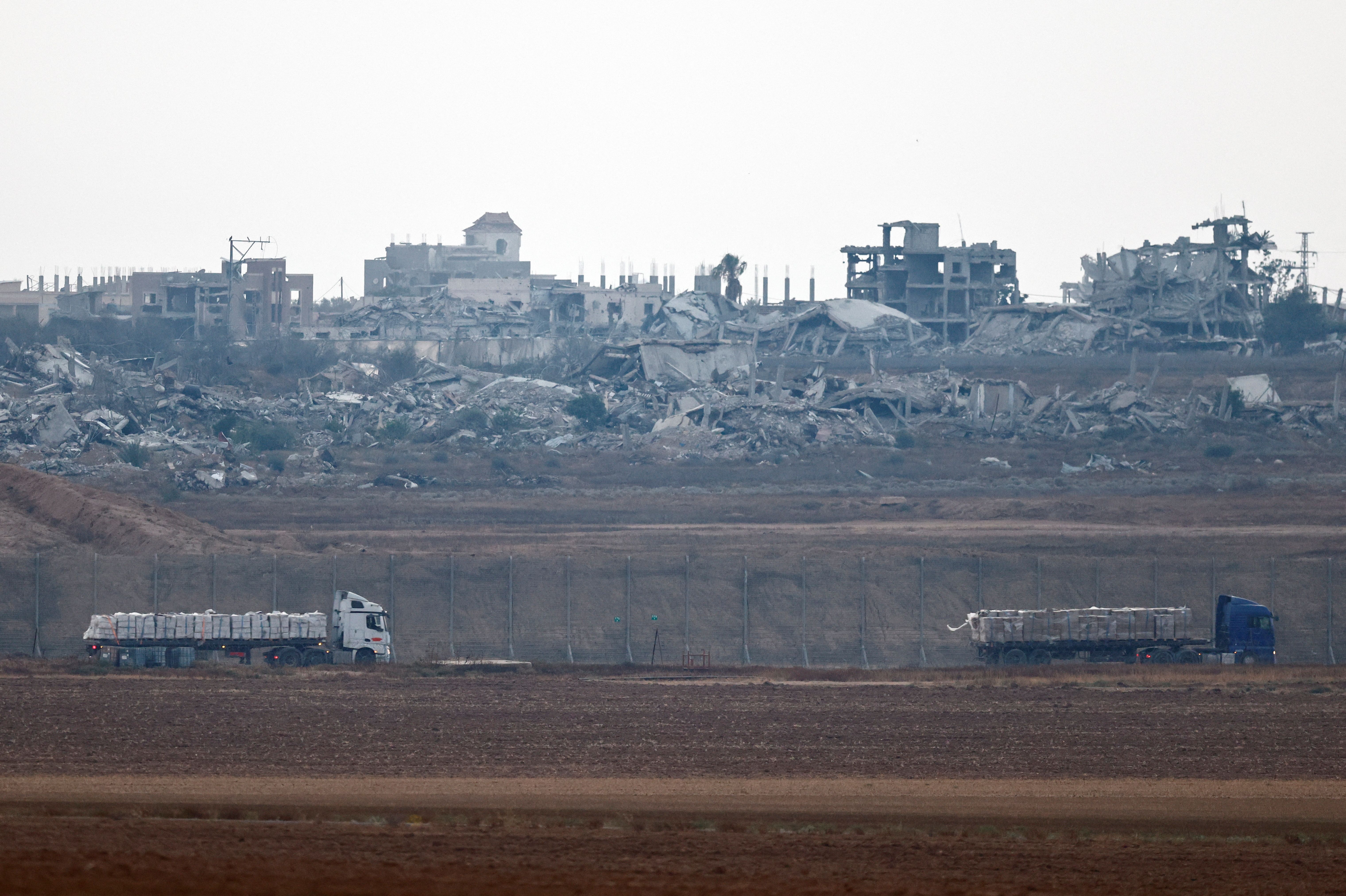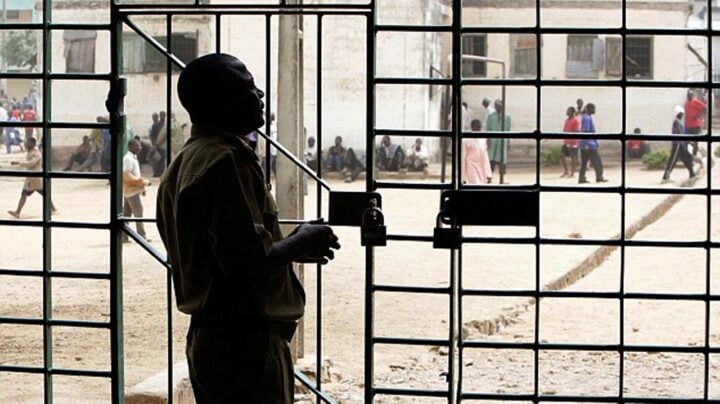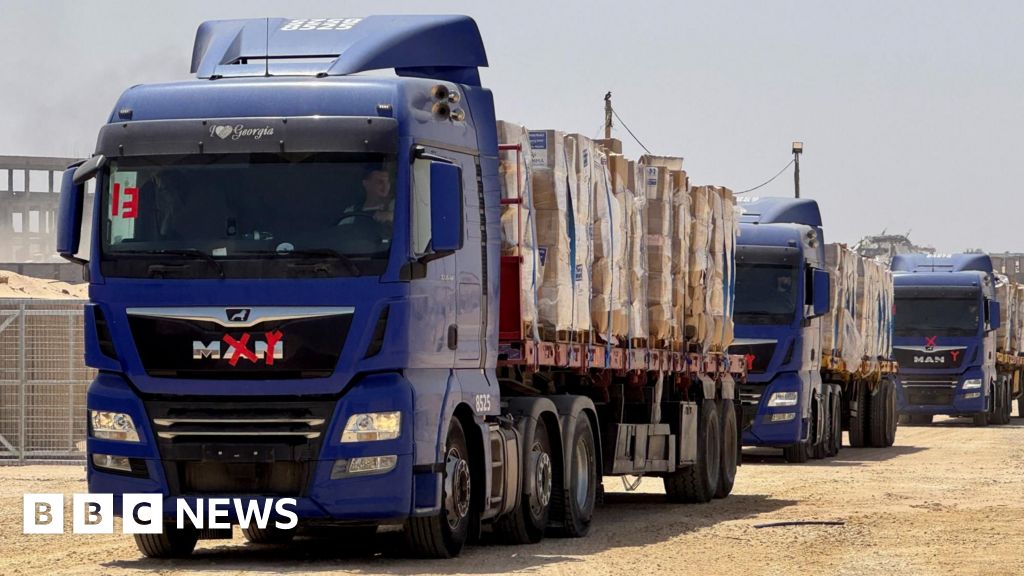Israeli Military Action at Gaza Aid Site Reportedly Kills Civilians

Recent events in the Gaza Strip have highlighted escalating tensions and violence surrounding aid distribution, particularly at sites operated by the Israeli-backed Gaza Humanitarian Foundation (GHF). On Sunday, Palestinian paramedics reported that four people were killed and others injured by Israeli forces as individuals approached an aid distribution site in the southern Gaza city of Rafah. This was the latest in a series of deadly incidents near GHF-run locations, which Palestinians have described as chaotic and dangerous.
Further reports from Al-Jazeera, cited by the Palestine Chronicle, indicated four fatalities and at least 70 wounded near a US-supervised GHF aid center west of Rafah on the same day. Additionally, Al-Awda Hospital confirmed one Palestinian killed and others injured by Israeli fire near another GHF-linked aid site along the Netzarim axis in central Gaza. The Palestinian Health Ministry stated that at least 104 people were killed across Gaza over the past 24 hours, including five near aid hubs in southern and central areas. According to the Government Media Office in Gaza, 110 Palestinians have been killed and 583 injured since May 27 while attempting to obtain food aid distributed under GHF supervision.
The Israeli military acknowledged that its troops had opened fire in southern Gaza on Sunday. In a statement, they said warning shots were directed at a group moving towards soldiers that was deemed a threat. The military also stated that individuals had been verbally warned to leave the area, designated an active military zone, and that movement to and from GHF distribution centers was restricted to daylight hours (6 a.m. to 6 p.m.). Israel's military has previously said it was investigating incidents occurring near GHF sites between June 1-3, where they maintained warning shots were fired.
The human toll of these incidents was underscored by personal accounts, such as that of Sanaa Doghmah, whose 36-year-old husband, Khaled, was reportedly fatally shot in the head while trying to reach a GHF distribution site in Rafah to collect food for their five children. His aunt, Salwah, lamented at his funeral that he was seeking to feed his family who had no flour at home.
The Gaza Humanitarian Foundation, a U.S.-based organization providing aid under an Israeli initiative and reportedly using private American military contractors, stated it had handed out 1.15 million meals across three sites in southern and central Gaza without incident on Sunday. GHF also mentioned piloting a direct-to-community model, delivering 11 truckloads of food. However, on Saturday, GHF had distributed no aid, accusing Hamas of making threats that made operations impossible—an accusation Hamas denied, with an official stating there were no known threats and that Hamas's Qassam Brigades would protect UN-led relief operations.
The GHF's operations have drawn significant criticism. Hamas-led Palestinian factions described the new aid distribution sites as "death traps." The GHF has been accused by U.N. and other international humanitarian agencies of a lack of neutrality and independence. Western countries and humanitarian groups have reportedly criticized GHF's replacement of UNRWA (the United Nations Relief and Works Agency for Palestine Refugees, banned by Israeli authorities since early 2024) as politically driven and operationally ineffective.
In response to the situation, Palestinian factions, including Hamas, have called for aid to be distributed through U.N.-affiliated agencies. The Government Media Office in Gaza reiterated its readiness to receive and secure international aid convoys in cooperation with UN agencies, condemning Israeli-American alternatives like GHF as a "complete failure" leading to chaos, mismanagement, and bloodshed. The office also reported that at least 750 humanitarian police officers and thousands of civil employees involved in aid logistics have been killed by Israeli strikes since the war began and called on the public to help safeguard aid convoys.
The broader humanitarian situation in Gaza remains dire, with widespread malnutrition and disease reported. Israel relented to international pressure to allow limited U.N.-led aid operations to resume on May 19 after an 11-week blockade. However, the U.N. has described the aid let in so far as a "drop in the ocean" for the enclave's 2.3 million people.
Beyond the aid distribution sites, Israeli military operations continued. On Saturday night and Sunday, Israeli bombardment reportedly killed 15 people in the Al-Sabra neighborhood of Gaza City when a residential building was struck. Israeli artillery and airstrikes also targeted areas south of Khan Yunis, including Qizan al-Najjar and Qizan Rashwan. The Palestinian Mujahideen Movement announced that its Secretary-General, Asaad Abu Sharia, was assassinated along with family members in an Israeli airstrike in Sabra. Palestinian resistance factions reported new operations, with Hamas's Al-Qassam Brigades claiming a tunnel bomb attack against Israeli infantry near Khan Yunis, and Islamic Jihad's Al-Quds Brigades reporting an ambush in Jabalia and shelling east of Khan Yunis.
The war, which erupted after Hamas-led militants attacked Israel on October 7, 2023, killing 1,200 people and taking 251 hostages, has led to a devastating toll. According to Gaza's health authorities, Israel's military campaign has since killed more than 54,000 Palestinians (as reported by Reuters) or, as stated by the Palestine Chronicle citing Gaza’s health authorities, more than 180,000 Palestinians have been killed or wounded, with over 14,000 missing. Most casualties on the Palestinian side are reported to be civilians, and much of the territory has been flattened.











